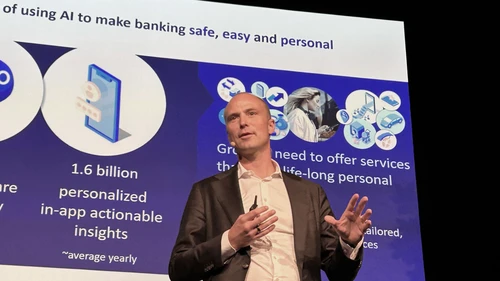The predecessor of Open Finance: Open Banking
Open Banking enables bank customers to see their bank accounts through third parties and to make payments from their bank accounts through third parties.
– Open Banking was the first step, empowered by the EU legislation PSD2, towards creating opportunities for bank customers to see their account information and make payments in other interfaces than those of their bank – to put it very simply.
– The PSD2 makes it mandatory for banks to create so-called APIs (computer programs) which enable the customer’s data to be used securely by third parties, at the customer’s request, in real time.
– PSD2 enables sharing of account information and initiation of payments on behalf of the customer. However, some banks, like Nordea, are already offering more financial services embedded in non-banking applications to support customers’ needs.




